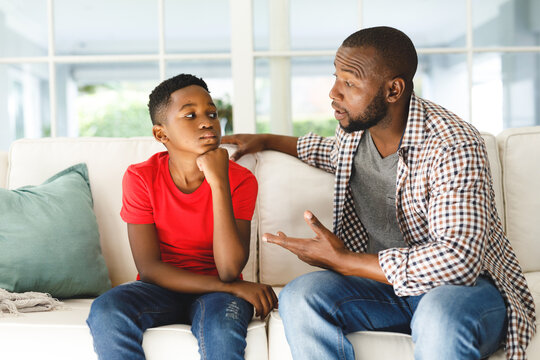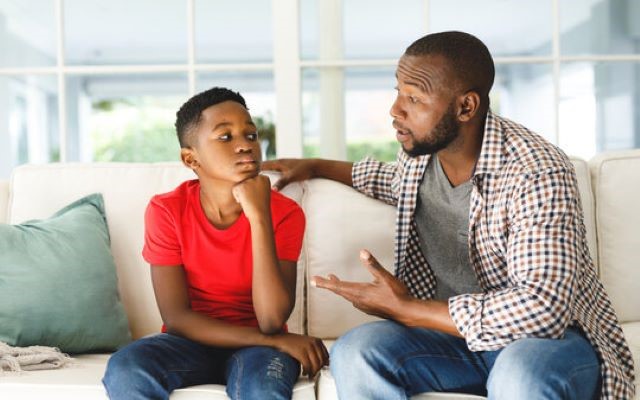As we get closer and closer to November 6, the political landscape is constantly heating up. Some things that we are seeing and hearing are hard for adults to wrap their heads around. You can only image what children are thinking. Talking to kids about politics can be a sensitive and complex topic, but it’s important for them to understand the world around them. According to the parenting experts at Mother.ly, here are a few tips that will help you talk to your kids about politics.

Answer exactly what they ask
Children are full of tough questions, especially when they are ready to hear the answers. The experts suggest that when you are answering a child’s questions, you should:
- Answer specific questions.
- Keep the answers short, age-appropriate and honest.
- Let your child guide the depth of the conversation—they will ask more questions if they want to know more. If they don’t ask for more details, your child may not be ready for them.
Make sure to keep things age-appropriate
Tailor your explanations to their age level. Younger children may need simpler language and concrete examples, while older children can grasp more abstract concepts. Here is a Mother.ly cheat-sheet as to how you should talk to children on their level.
- Preschool-5: A short, direct sentence. Think “Who, What, Why and Why is it important.”
- Elementary years (5-10): Keep it short and sweet. A few sentences of a direct answer with validation that their questions are important and smart.
- Tween (11-13): This developmental phase is all about connection. As with earlier phases, keep the answer short. Not just for ease of comprehension, but to avoid the feeling they are being lectured to.
- Teen (14-18): Teens can handle more details and complexity and can better articulate their own questions and feelings. However, it’s crucial to provide space for the teens to ‘try out” their own opinions.

Delve further and identify what they are not asking
Once you have addressed and answered what they have asked, figure out if there is more that they are still grappling with and haven’t asked. Ask follow-up open-ended questions to keep the conversation going so that you can see if there is something else that they want or need to know.
Per the experts, questions such as “Is there more you would like to know?” or “Is there something you are wondering about?” will help “your child articulate what might be on their mind that is not yet formed into a question.”
Focus on feelings
How a child is feeling may be more important than the facts. The language of candidates and actions of others can be scary for children. They may be worried about what they are hearing and how this can directly affect them. Additionally, they may hear family members clashing on views, and they may begin to question family values. Ask them is there something that they are worried about and talk through their feelings with them. Make sure that they know above all else, that they are safe and loved.

Listen more than talk
Try listening to them more than talking. By simply listening to your children instead of over talking them, you are hearing first hand what is going on in their mind.
Remember, the goal is to foster understanding and critical thinking rather than to persuade them to adopt a specific viewpoint. Keep the conversations open and ongoing, adjusting as they mature and as political situations evolve.
Photo: Adobe Stock Images; Pexels.com; Pixabay.com







